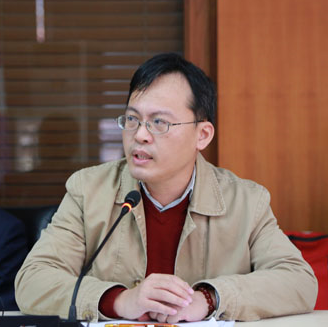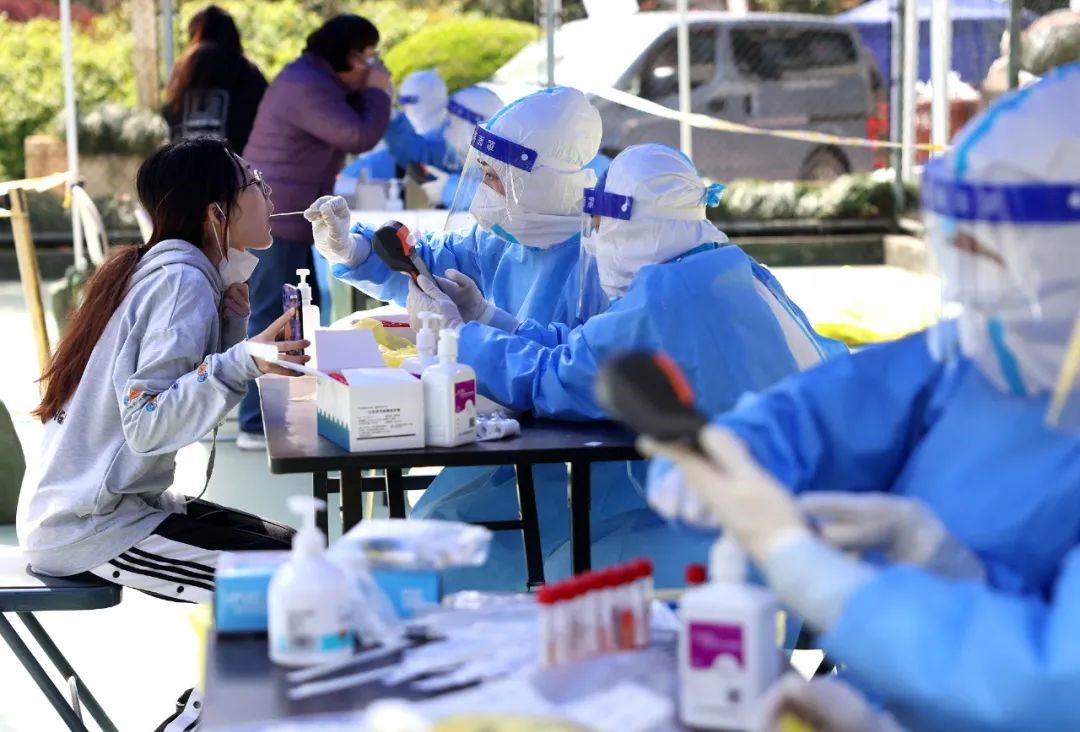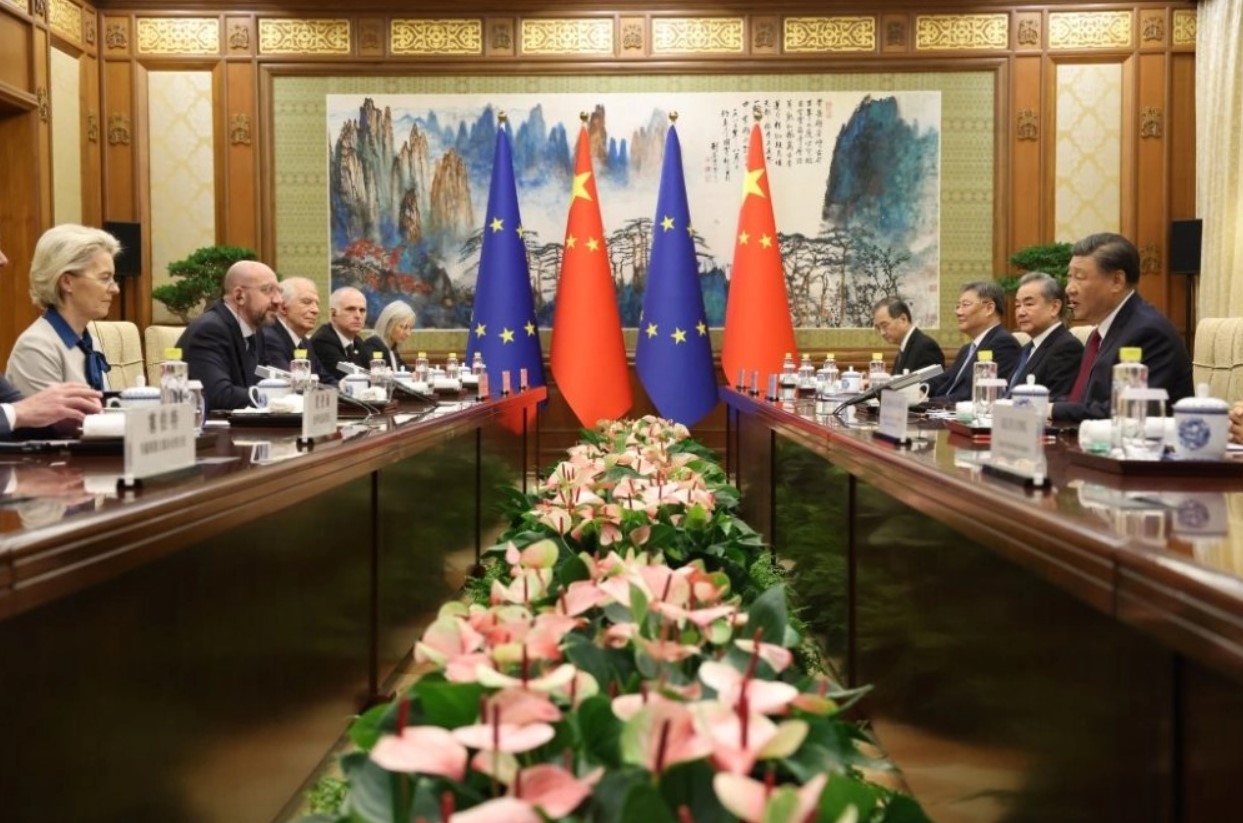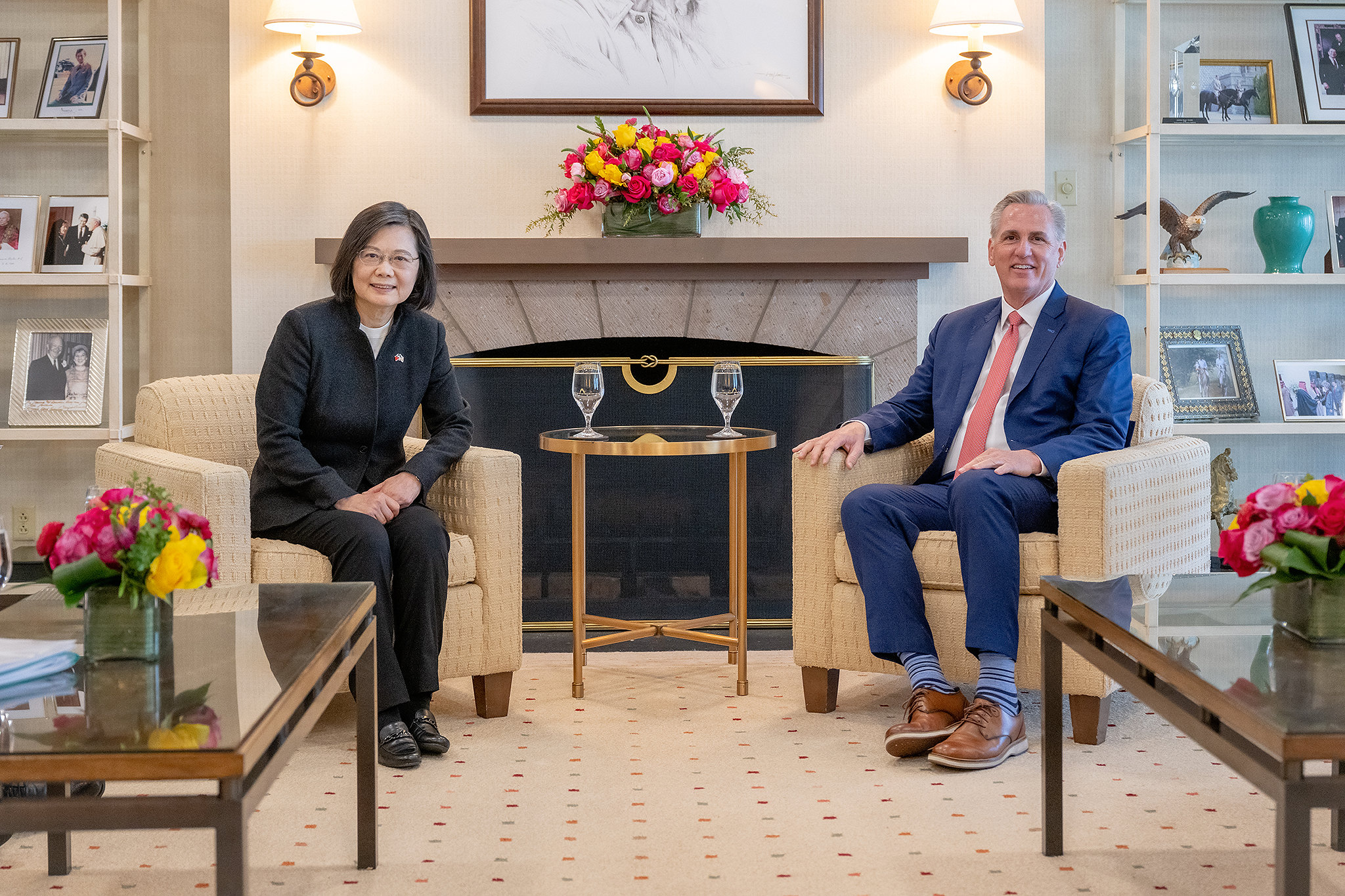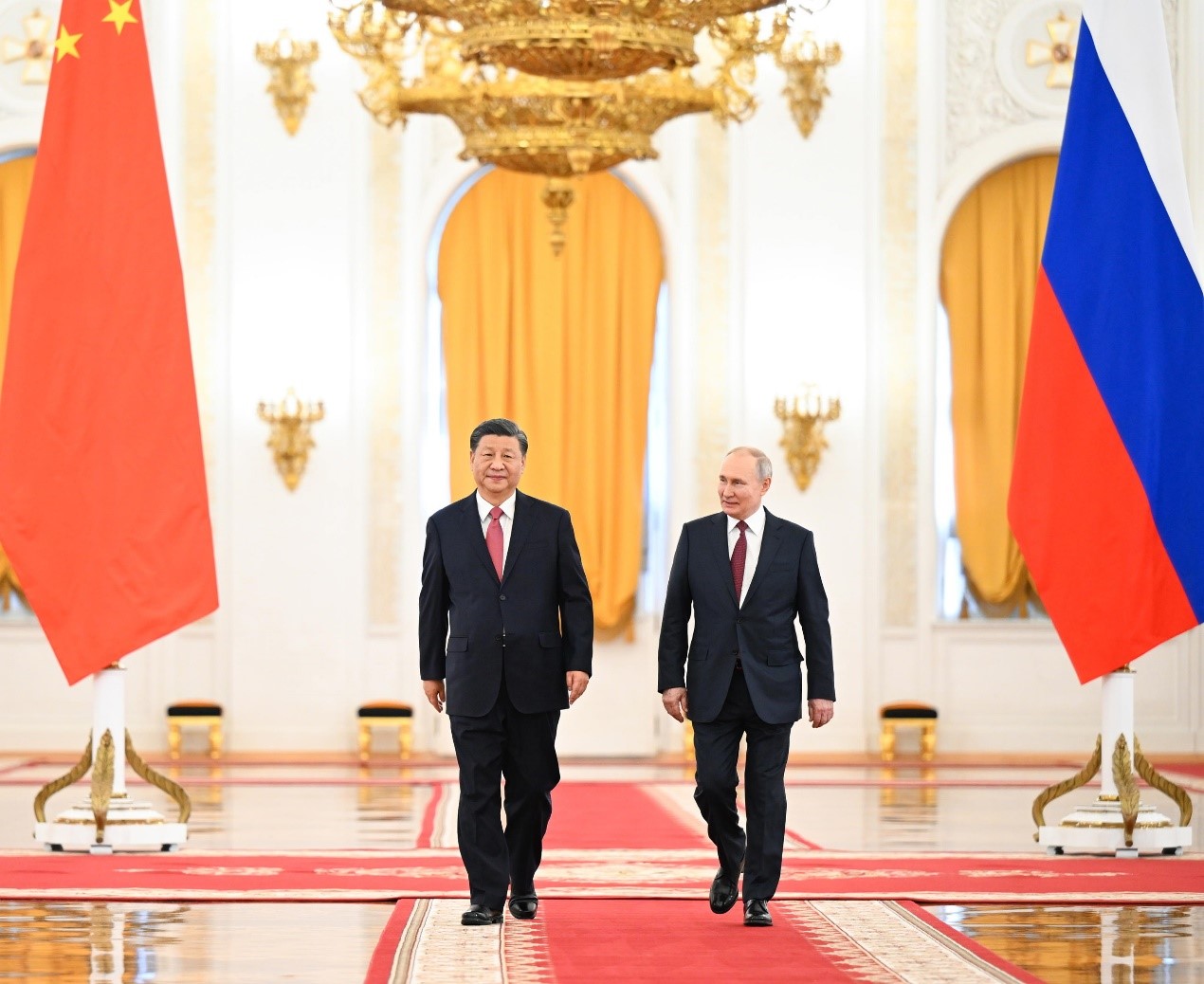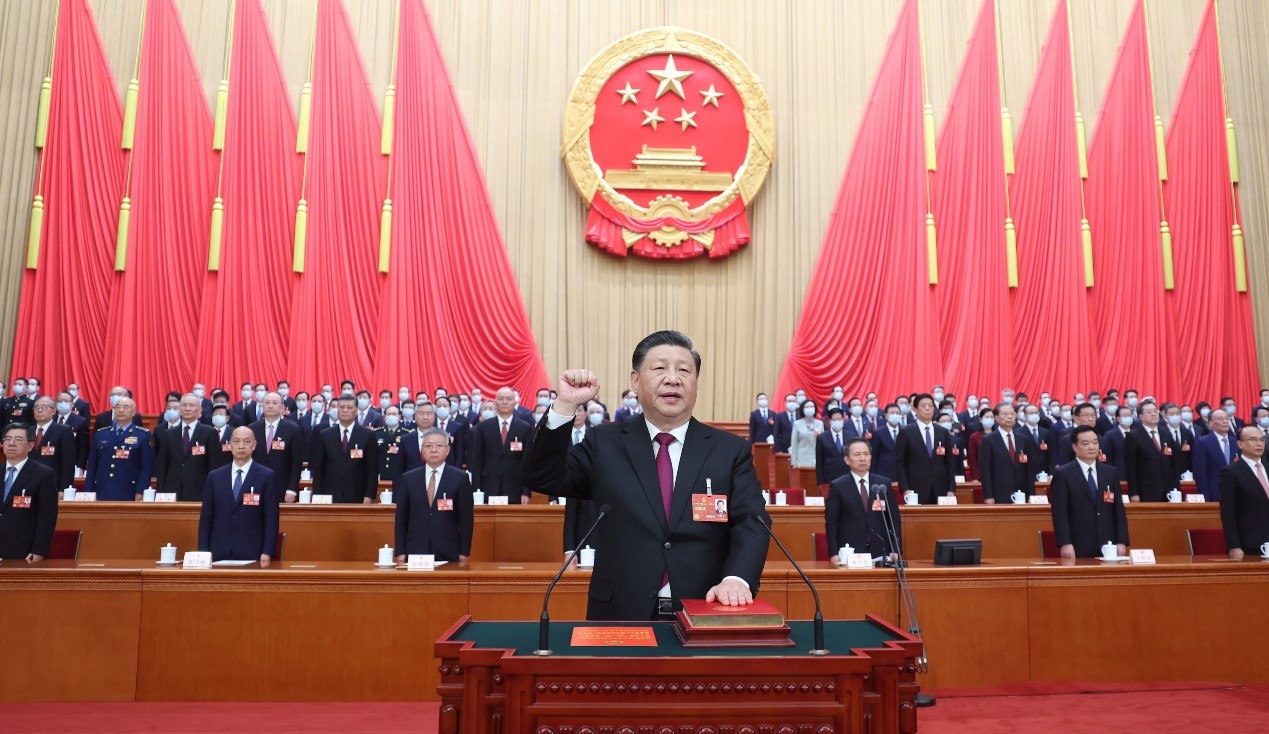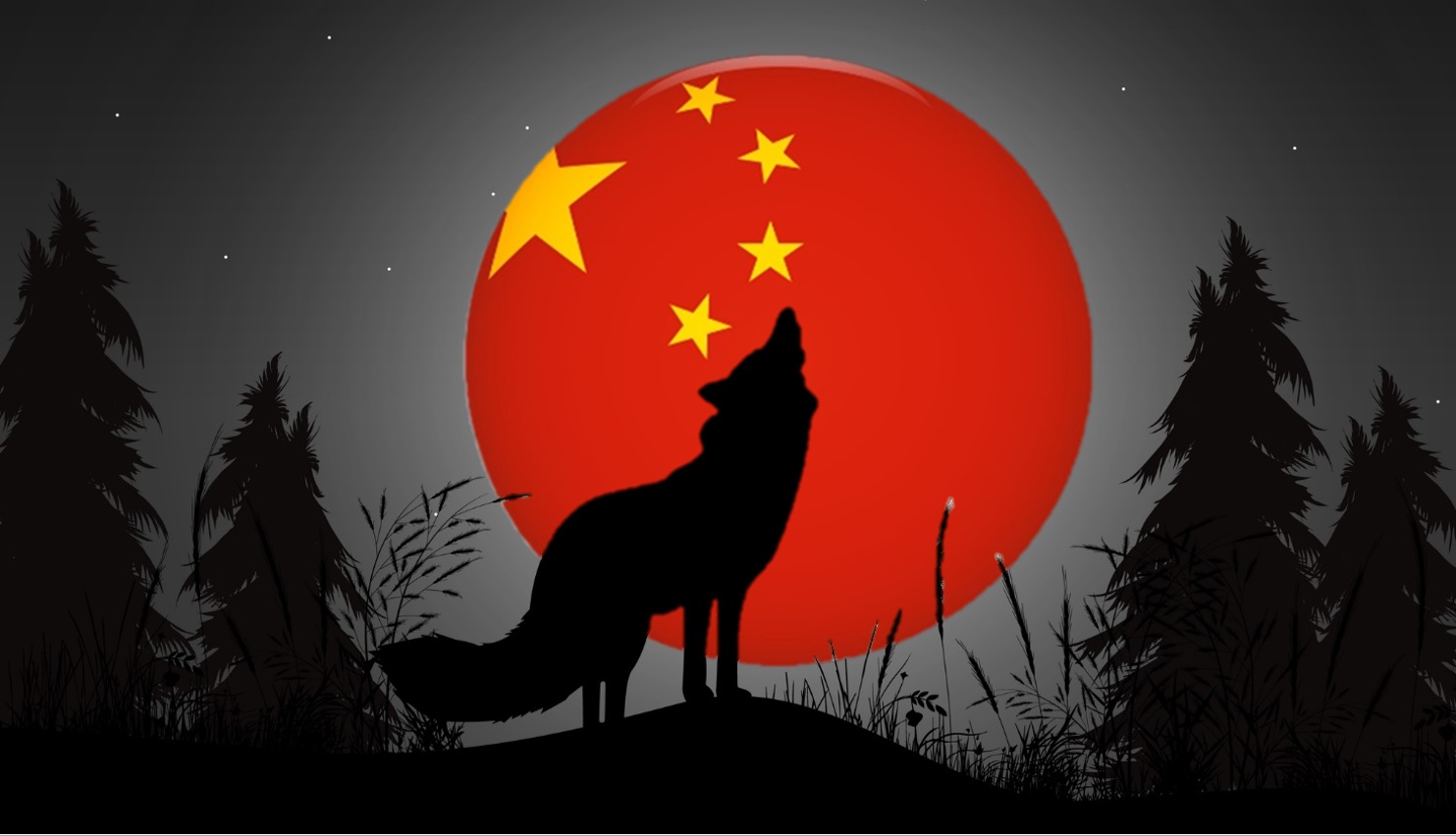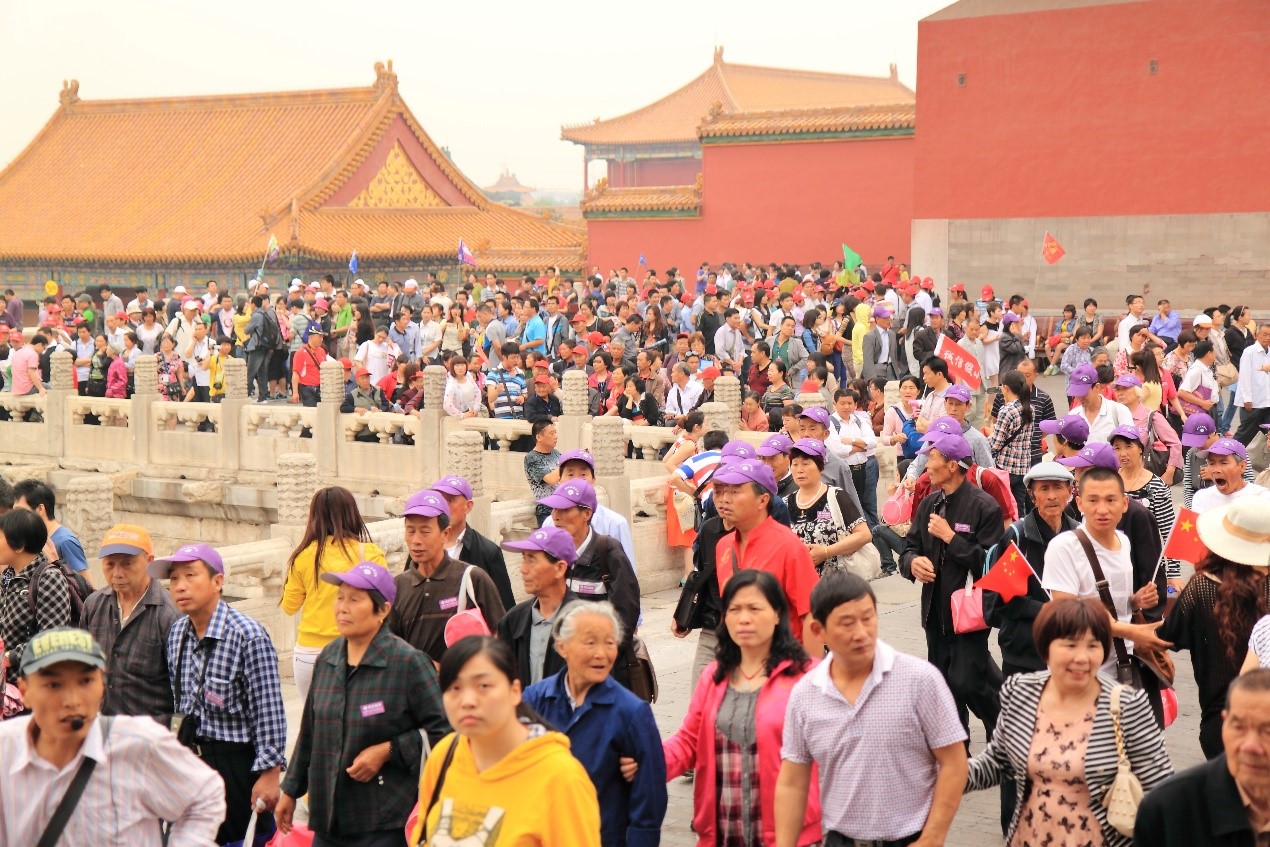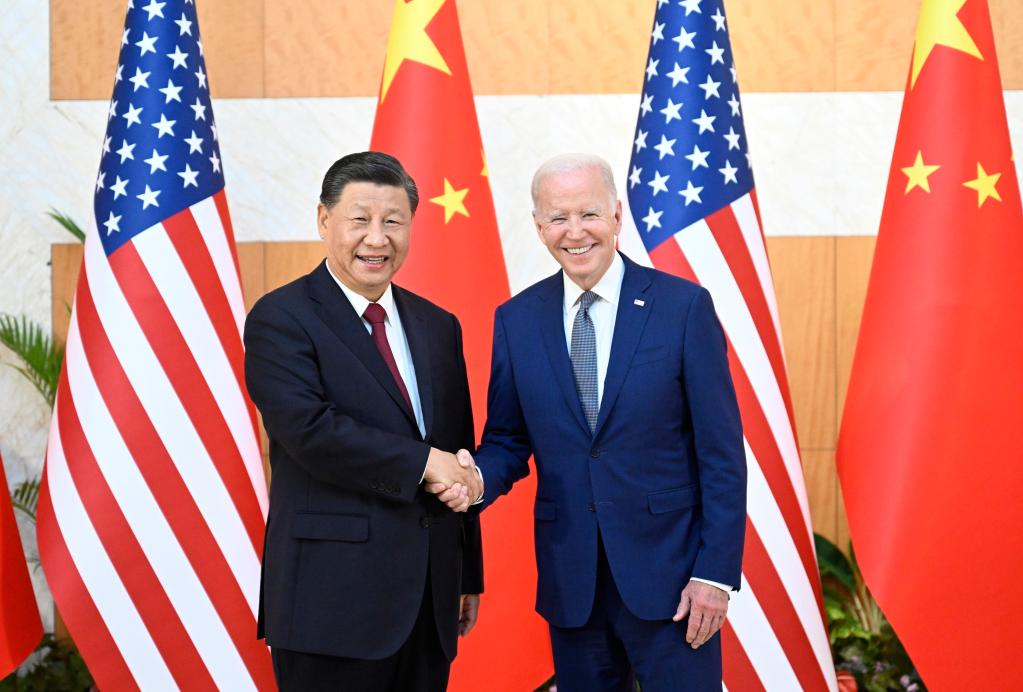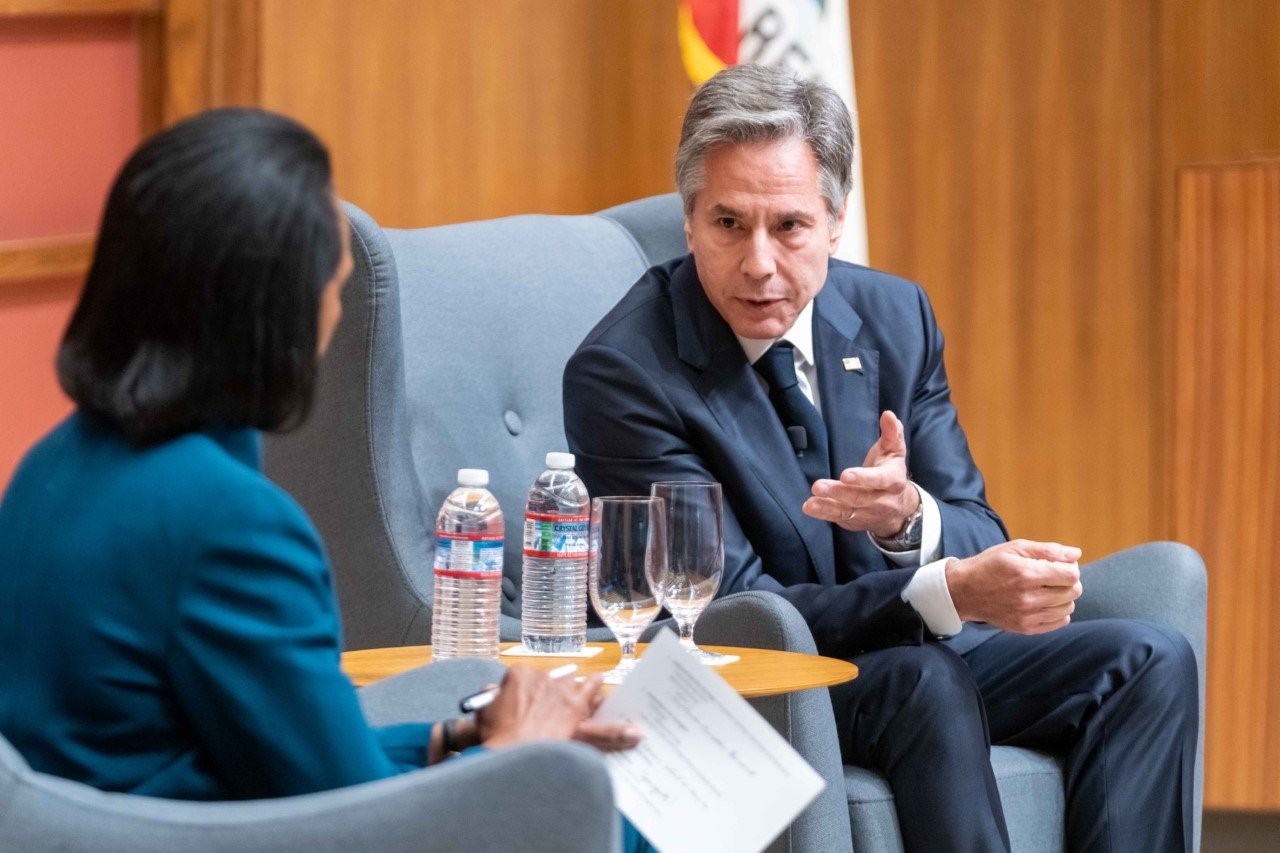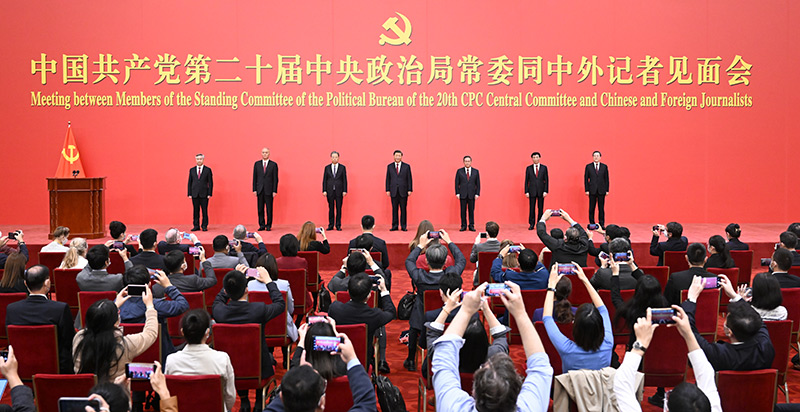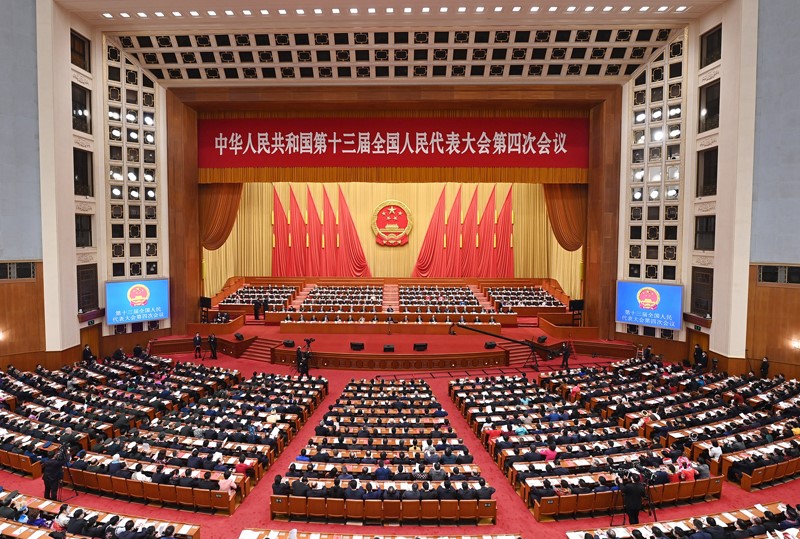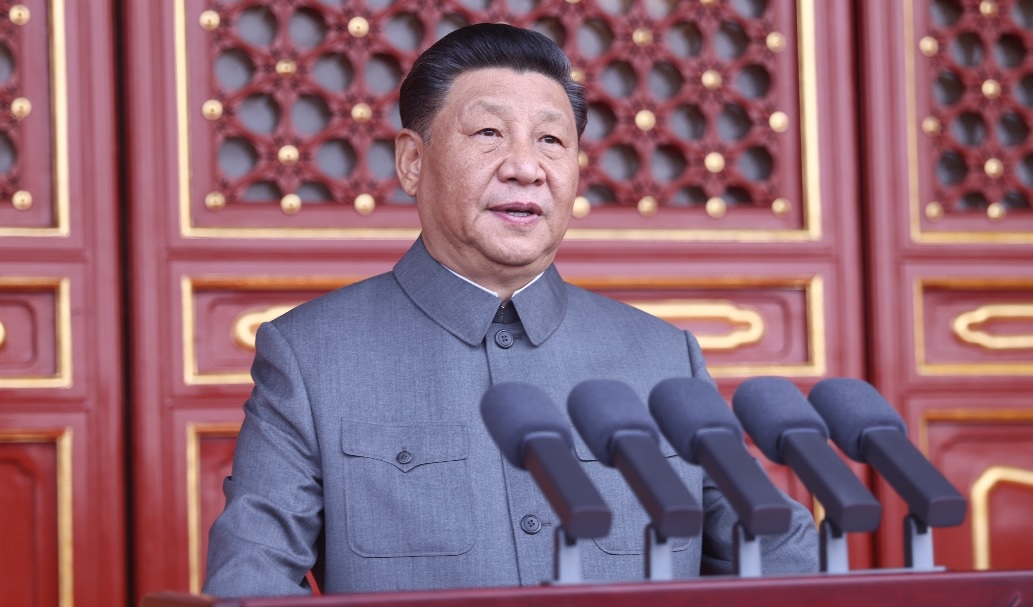Why Is Xi Jinping Insisting on Zero-COVID? Politics in Command and Institutional Confidence
Under zero-COVID, party secretaries at all levels were responsible for concentrating resources to prevent the spread of the virus. General Secretary Xi Jinping has repeatedly emphasized that this policy must be adhered to at all costs. In China, dealing with this public health issue seems to have become a political task.
Picture source: 汕頭市衛生健康局, April 11, 2022, www.shantou.gov.cn/stswsj/gkmlpt/content/2/2048/post_2048429.html#3521.
Prospects & Perspectives 2022 No. 27
Why Is Xi Jinping Insisting on Zero-COVID? Politics in Command and Institutional Confidence
By Wen-hsuan Tsai
May 17, 2022
Around the time in 2020 when the COVID-19 outbreak was officially recognized in China, the Chinese Communist Party (CCP) appeared to be somewhat panicked in the face of this major public health crisis. However, by April that year, the epidemic entered what was officially termed the stage of normalized prevention and control, and China’s “zero-COVID” policy — aimed at stamping out the virus completely — was put in place. Under zero-COVID, party secretaries at all levels were responsible for concentrating resources to prevent the spread of the virus. General Secretary Xi Jinping has repeatedly emphasized that this policy must be adhered to at all costs. In China, dealing with this public health issue seems to have become a political task.
By the end of 2021, with the introduction of vaccines and the arrival of novel variants with a lower mortality rate, many countries around the world had adopted a policy of “living with the virus.” Some countries have gradually abandoned epidemic prevention measures, such as the mandatory wearing of face masks and restrictions on travel and gatherings. Many people in Western countries have come to regard COVID-19 as no more dangerous than the flu and have gradually returned to their old way of life. China, however, has continued to adhere to a strict enforcement of a zero-COVID policy. In December 2021, Ma Xiaowei, director of the National Health Commission, noted that the epidemic prevention work was being directed by Xi personally and that Xi had always adhered to a zero-COVID policy. And at a meeting of the Politburo Standing Committee on March 17, 2022, Xi once again ordered officials at all levels to uphold this policy and halt the spread of the epidemic as soon as possible.
The Omicron variant of the virus, which emerged toward the end of 2021, is more contagious than the original form. On March 28, 2022, in response to a large-scale outbreak of Omicron in Shanghai, 25 million residents of the city were subjected to a strict lockdown. The lack of preparation for this, leading to some residents going without food and the deaths of patients whose transfer to hospital was delayed, caused significant dissatisfaction in China’s most economically developed conurbation. Other cities, including Beijing, Guangzhou, and Zhengzhou, have experienced similar large-scale outbreaks, and different degrees of lockdown have been imposed in those places, causing significant disruption to daily life.
Despite the disruptions, the CCP insists that the zero-COVID policy must continue. At a Politburo meeting on May 5, 2022, Xi urged officials to keep a clear head in order to fully understand the leadership’s prevention and control policies. He ordered them to unswervingly promote the zero-COVID policy and “struggle against” any questioning of that policy. This is clear evidence that Xi is characterizing his COVID policy as a political struggle, and he is implying that officials who refuse to take zero-COVID seriously must be purged.
The enforcement of zero-COVID is integral to Xi’s ideology. Xi has repeatedly asserted that the CCP regime has “institutional superiority”(制度優越) over the West, and for that reason the Chinese should have confidence in their institutions, or what is termed “institutional confidence”(制度自信). He has frequently quoted Mao Zedong’s words,“the East rises and the West declines”(東升西降). As the son of a senior CCP official, Xi is deeply imbued with the culture of the ruling party. Unlike Xi, his predecessors, Jiang Zemin and Hu Jintao, were technocrats rather than members of the “second red generation,” and this gave them a more pragmatic perspective on policymaking. Xi’s character first became apparent during China’s trade war with the United States, and through his promotion of the Belt and Road Initiative and the idea of the “Chinese dream.” All in all, his policies are deeply influenced by Maoist thinking.
Therefore, while restrictions due to the global pandemic are gradually being lifted around the world, the CCP continues to adhere to a politically inspired zero-COVID policy which its leader hopes will highlight China’s institutional superiority and pave the way for his reelection as general secretary at the CCP’s 20th National Congress at the end of 2022. As a loyal ally of Xi Jinping, Li Qiang, the party secretary of Shanghai, could avoid serious punishment for his handling of the latest crisis in the city. Despite public dissatisfaction with Shanghai’s lockdown measures, Li’s “correct” political attitude will likely guarantee his future career advancement.
When will the CCP end its policy of zero-COVID? It is highly unlikely Xi will admit he is wrong; instead, he will continue to urge the Chinese to have confidence in their national institutions. However, it is China’s bureaucrats who have the task of effectively responding to contingencies and who define what zero-COVID means in practice. Recently, Li Qiang claimed that Shanghai had achieved“zero-COVID in society”(社會面清零), meaning that all infected individuals have been completely isolated from the rest of the community. This is clear evidence that local officials are trying their best to support the policies of the central authorities while continuing to carry out effective local governance.
There is no doubt, however, that the zero-COVID policy has had a negative impact on many aspects of society. This is mainly due to increased distrust of the government and the effect of the lockdowns on economic growth. In March, Premier Li Keqiang predicted that China’s economy would grow by 5.5 percent this year, but this growth rate is unlikely to be achieved due to the lockdowns imposed under the zero-COVID policy. In an authoritarian state, a poorly performing economy can lead to increased dissatisfaction with the government and demands for more rights to political participation.If he wants to stay in power after the 20th Party Congress, Xi must reduce popular discontent with his COVID measures and get the economy back on track. Although the CCP’s handling of the Omicron outbreak may attract some short-term public criticism, the authorities will probably try to transfer blame for the mishandling of the lockdowns to local officials and revise the methods used to calculate whether zero-COVID has been achieved, thus averting large-scale public unrest. Overall, despite the resurgence of COVID over the past year, Xi’s authority is likely to remain intact.
(Dr. Tsai is Research Fellow, Institute of Political Science, Academia Sinica.)

